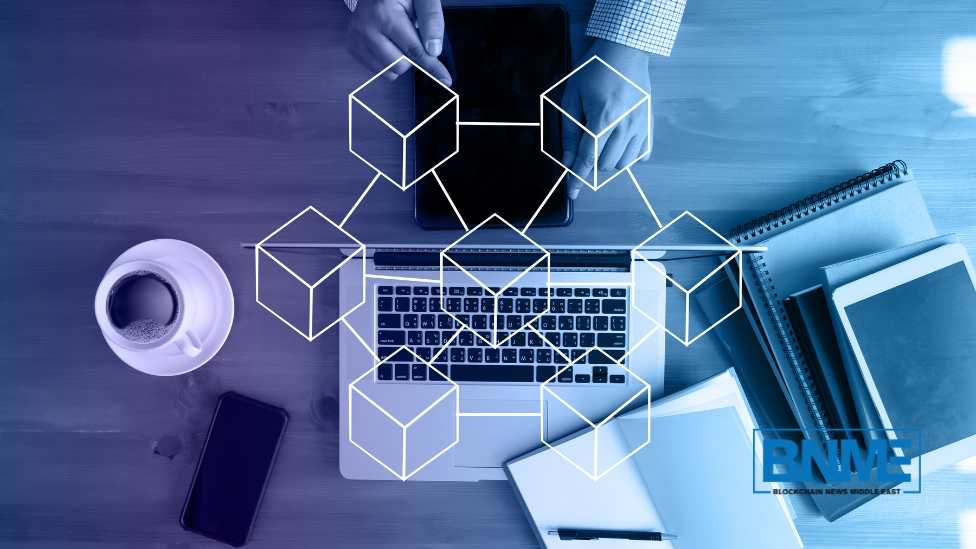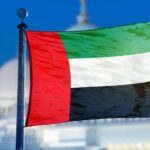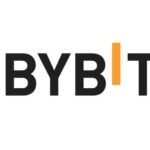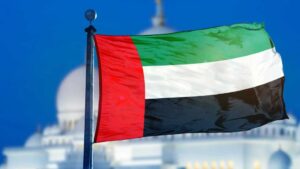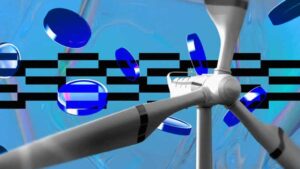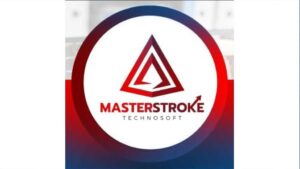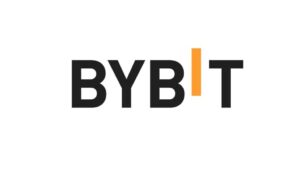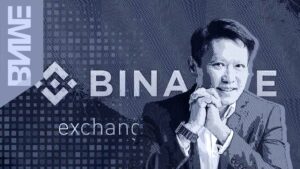Currently, countries in the Middle East, including the United Arab Emirates (UAE), are focusing on strengthening their food security and agriculture. For a while now, the UAE has been using different technologies to grow food locally. Even with this, agriculture in the country still needs improvement. Some of the issues facing agriculture include extreme heat, insufficient water supplies, and arable lands.
Desert Agriculture in the UAE
The UAE is 80% desert land. Even with this limitation, the country remains an ideal testing ground for Desert Control and Agriculture. Desert agriculture is gaining popularity as climate change affects the UAE. Desert agriculture involves planting crops that naturally withstand harsh desert conditions and using biotechnology and breeding techniques to modify these crops so that they grow in desert environments. Farmers have to adopt desert agriculture to sustain high yields and prevent food scarcity.
Potentials of Blockchain for Desert Agriculture in the UAE
Generally, blockchain technology is still relatively new to the agricultural industry. Still, it can improve desert agriculture in the UAE through various applications. Below we will look at some of blockchain technology potentials in desert agriculture in the UAE.
Supply Chain Transparency
Blockchain provides an immutable record of the agricultural supply chain, from seed to market. This ensures transparency in the sourcing, production, and distribution of agricultural products.
Efficient Resource Management
Smart contracts can automate and optimize the allocation and use of resources such as water, fertilizers, and energy. This leads to more efficient and sustainable farming practices. This is important in the UAE’s arid climate.
Traceability and Food Safety
Blockchain enables detailed tracking of food products. This makes the information about the origin, handling, and safety of agricultural produce transparent and accessible. This is particularly important for high-value crops and organic produce, where consumers demand assurance about and prioritize product quality.
Decentralized Marketplaces
Farmers can use blockchain-based platforms to directly connect with buyers. This eliminates intermediaries and ensures fair prices for their products. Additionally, it gives local farmers access to international markets.
Sustainable Practices and Certification
Blockchain can record and verify sustainable farming practices, such as organic farming, water conservation, and the use of renewable energy. Certifications stored on the blockchain are tamper-proof. This provides consumers and regulators with credible proof of sustainable practices.
Financial Inclusion and Access to Credit
Small and medium-sized farmers can leverage blockchain to access microloans and insurance products. Blockchain helps with keeping records of farming practices and yields of farmers. This can serve as proof of creditworthiness which gives farmers easy access to financial services.
Research and Development
Blockchain can support collaborative research efforts by securely storing and sharing data on agricultural experiments and innovations. This can accelerate the development and adoption of new technologies tailored to desert agriculture.
Final Words
Blockchain technology can drive desert agriculture in the UAE. It can drive sustainable practices, transparency, and easy access to information on agricultural produce, etc.
Frequently Asked Questions
Does Desert Agriculture Need Blockchain?
Yes, desert agriculture needs blockchain technology.
What is the First Step to take when going into Agriculture in UAE?
The first thing to do before going into agriculture is to make your own findings. You cannot just start investing in agriculture without information.
What are the Challenges of Blockchain in Agriculture?
Some of the challenges of blockchain in agriculture include adoption resistance, regulatory issues, cost, etc.
What Kind of Crops are Grown in the UAE?
Some of the crops grown in agriculture include tomatoes, citrus fruits, eggplant, mangoes, etc.
What kind of Problems can Blockchain Solve in Desert Agriculture?
Some of the problems blockchain can solve in desert agriculture include reduction in financial transaction costs, information asymmetry, etc.
What are Smart Contracts in Blockchain Agriculture?
Smart contracts are self-executing contracts that write the terms of the agreement into code.
What is the most used Blockchain for Smart Contracts?
Ethereum is the most used blockchain for smart contracts.

